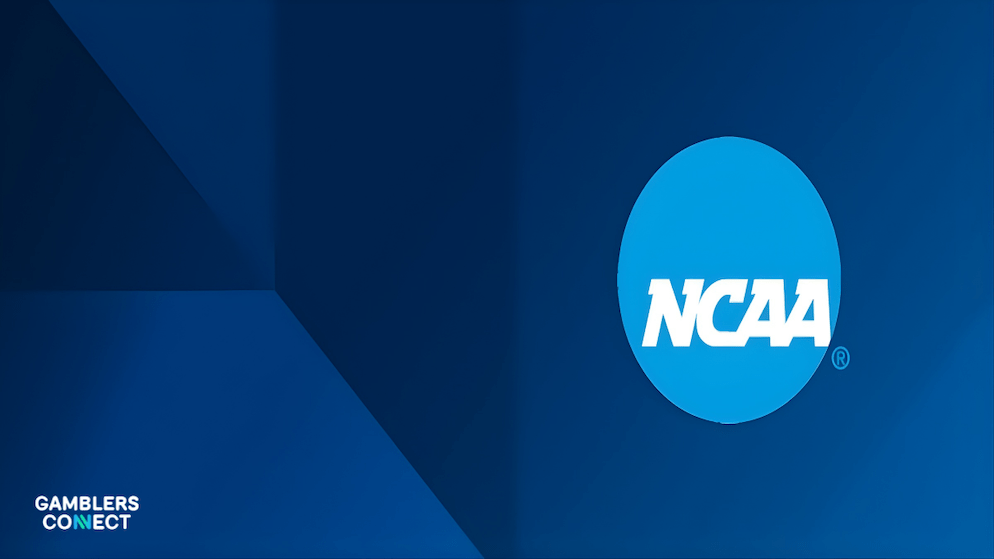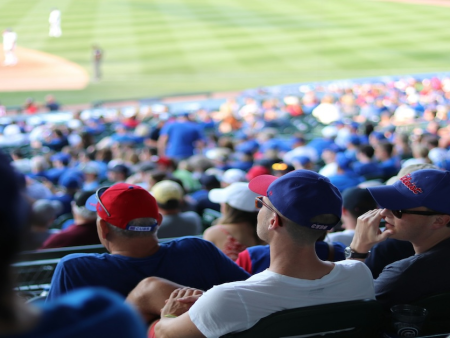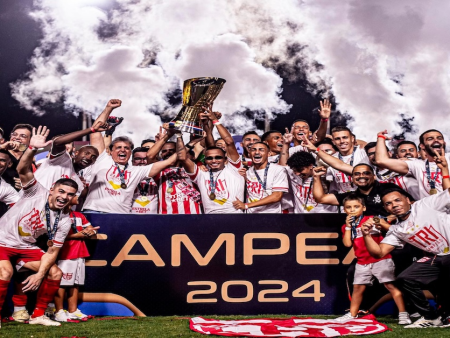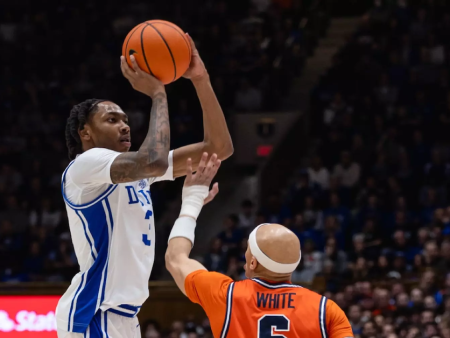
In a sudden policy reversal, the NCAA has halted a rule change that would have permitted athletes and athletic staff to bet on professional sports.
This decision effectively closes the door on legalized wagering for college participants just before it was set to open, responding to a wave of betting scandals that have recently shaken the foundation of collegiate athletics.
The proposed rule, which was scheduled to take effect on November 1, would have lifted the long-standing ban on betting for professional competitions.
However, because the initial support from the Division I cabinet fell below the required 75 percent threshold, the measure was put to a vote by the membership.
That vote concluded on Friday, with more than two-thirds of Division I schools opting to overturn the rule. Consequently, the ban remains in full force across Divisions I, II, and III.
The NCAA policy reversal comes amidst a tense atmosphere.
High-profile arrests involving professional figures like Chauncey Billups and Terry Rozier, alongside the revocation of eligibility for six college basketball players due to betting violations, have heightened scrutiny on the integrity of sports.
The case of former Temple guard Hysier Miller, alleged to have bet against his own team, was particularly damaging to the argument for liberalization.
Enforcement teams report a rising number of open investigations into gambling violations, prompting leaders like SEC Commissioner Greg Sankey to warn NCAA President Charlie Baker against the change.
The decision to maintain the full ban reflects a collective desire to preserve the trust essential to college competition, pri





